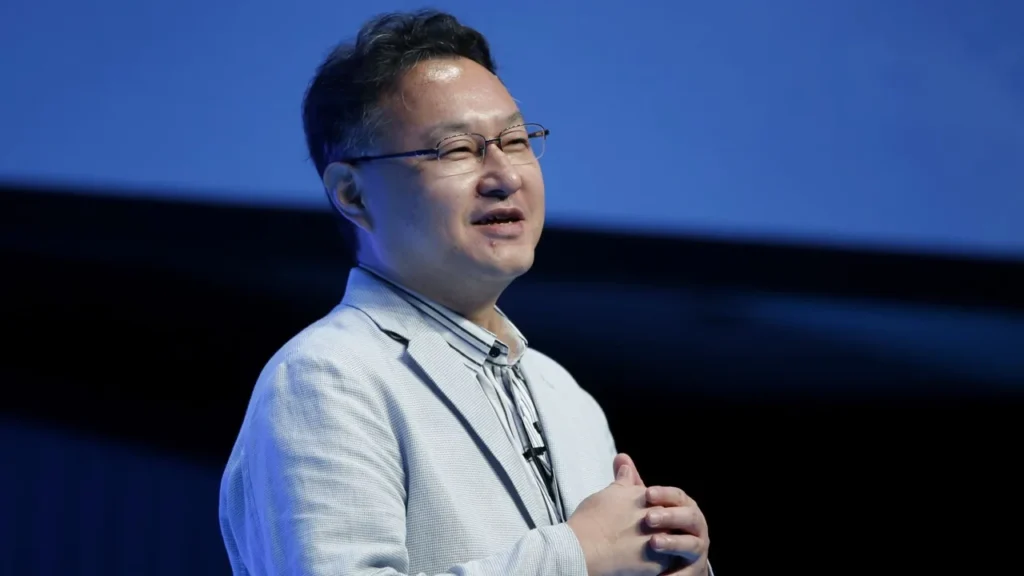
In a surprising revelation, former PlayStation executive Shuhei Yoshida has stated that Sony Interactive Entertainment doesn’t consider Nintendo a direct competitor. The comment was made during an appearance on the Kit & Krysta podcast, and it’s already sparking debate among gamers and analysts.
🎙️ “Nintendo Doesn’t Show Up in Our Business Reports”
Yoshida, who now supports indie games under Sony’s umbrella, shared rare insights into how Sony views its place in the gaming industry.
“Nintendo doesn’t show up [in Sony business analyses],” Yoshida said. “We do not necessarily feel that Nintendo is competition.”
This bold statement doesn’t suggest that Sony is dismissing Nintendo’s success, but rather that both companies target fundamentally different audiences.
🎮 Different Markets, Different Missions
According to Yoshida, Nintendo’s focus on family-friendly content and younger audiences places it in a different category from PlayStation’s more mature offerings. He explained that younger players might start with Nintendo consoles and eventually “graduate” to PlayStation hardware and games as they grow older.
That’s not an unusual view — PlayStation and Xbox typically battle for similar demographics, while Nintendo often carves its own lane with unique hardware and first-party hits like Mario, Zelda, and Animal Crossing.
📈 But Is Nintendo Really Not Competition?
Despite Sony’s internal stance, Nintendo’s market performance says otherwise. The newly launched Switch 2 recently broke the PlayStation 4’s first-week sales record in the U.S., demonstrating that Nintendo remains a major player in the console space.
With its massive fan base and strong software ecosystem, ignoring Nintendo’s impact could be risky — especially as the lines between casual and core gamers continue to blur.
🧠 A Strategic Oversight or Smart Market Segmentation?
Yoshida’s remarks reflect a strategic separation rather than ignorance. Sony is doubling down on what it does best — high-end, cinematic gaming experiences — while leaving the hybrid and family-friendly approach to Nintendo.
However, as competition in gaming increasingly involves subscriptions, mobile expansion, and cloud gaming, all three giants — Sony, Nintendo, and Microsoft — are bound to clash more often.
🕹️ What This Means for Gamers
For players, this could be good news. Instead of copycat consoles and identical games, diverse visions from each company lead to a more varied and exciting landscape. Nintendo may not show up on Sony’s competitor slides, but it will always show up where it counts: in millions of homes around the world.